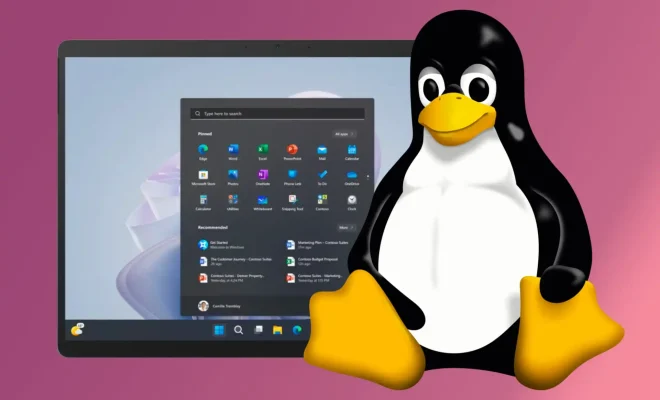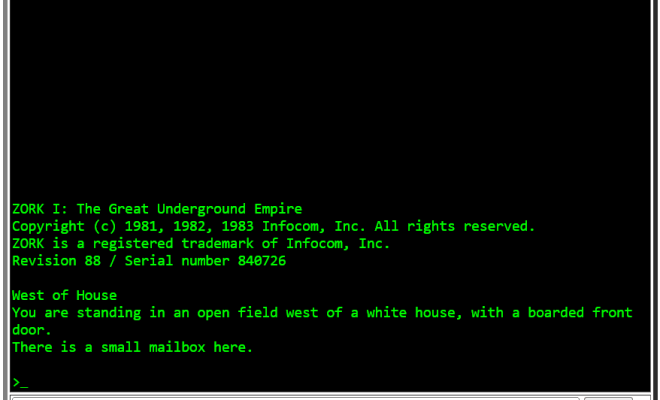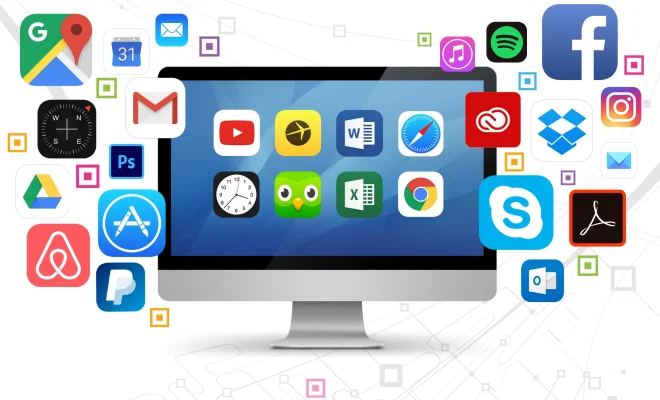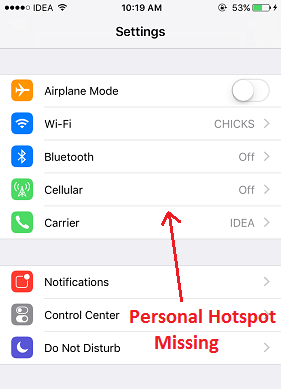The Best Linux Network Troubleshooting Commands

Linux is widely used in networking due to its powerful command-line interface and flexible nature. Troubleshooting network problems is a common problem that Linux system administrators face regularly. To assist with this task, Linux provides a variety of command-line networking tools.
In this article, we’ll go through the best Linux network troubleshooting commands to help you diagnose and fix common networking issues.
1. ping
Ping is a basic utility that is commonly used to test network connectivity between two devices. It sends an ICMP (Internet Control Message Protocol) echo request to the target device, which then replies back with an ICMP echo reply. If the target device is reachable, it will show a response time and other statistics.
Syntax: ping [ip address/hostname]
Example: ping google.com
2. nslookup/host/dig
These are DNS (Domain Name System) lookup commands that allow you to query DNS servers to retrieve information about a domain name. You can retrieve information such as the IP address of a domain name, who is responsible for it, or its MX record.
Syntax:
nslookup [domain name]
host [domain name]
dig [domain name]
Example: nslookup google.com
3. ifconfig/ip
ifconfig (interface configuration) and ip commands are used to view and manage network interfaces on a Linux machine. They can be used to view interface status, assign IP addresses, and perform other network configurations.
Syntax: ifconfig/ip [interface]
Example: ifconfig eth0
4. netstat
The netstat command is used to display information about the network connections, routing tables, and network interfaces. It provides real-time information about the state of network connections.
Syntax: netstat [options]
Example: netstat -plant
5. traceroute/mtr
Traceroute and mtr (My Trace Route) are used to trace the route taken by packets from your computer to a destination. Traceroute displays the route along with the number of hops, time taken by each hop, and host names along the path. Mtr provides a continuous display of the route and updates statistics.
Syntax:
traceroute [ip address/hostname]
mtr [ip address/hostname]
Example: traceroute google.com
6. tcpdump
The tcpdump command is used for packet sniffing and network analysis. It captures packets in real-time and displays their contents in a human-readable format. This can help in analyzing network traffic or diagnosing network problems.
Syntax: tcpdump [options] [filters]
Example: tcpdump -i eth0 port 80
7. route
The route command is used to view and manage the routing table on a Linux system. It can be used to add or delete routes, assign default gateways, and configure persistent routes.
Syntax: route [options]
Example: route -n
Conclusion
These are some of the most useful Linux network troubleshooting commands that are frequently used by system administrators. Knowing how to use these commands and interpreting their output is essential for diagnosing and fixing networking issues on a Linux system.






